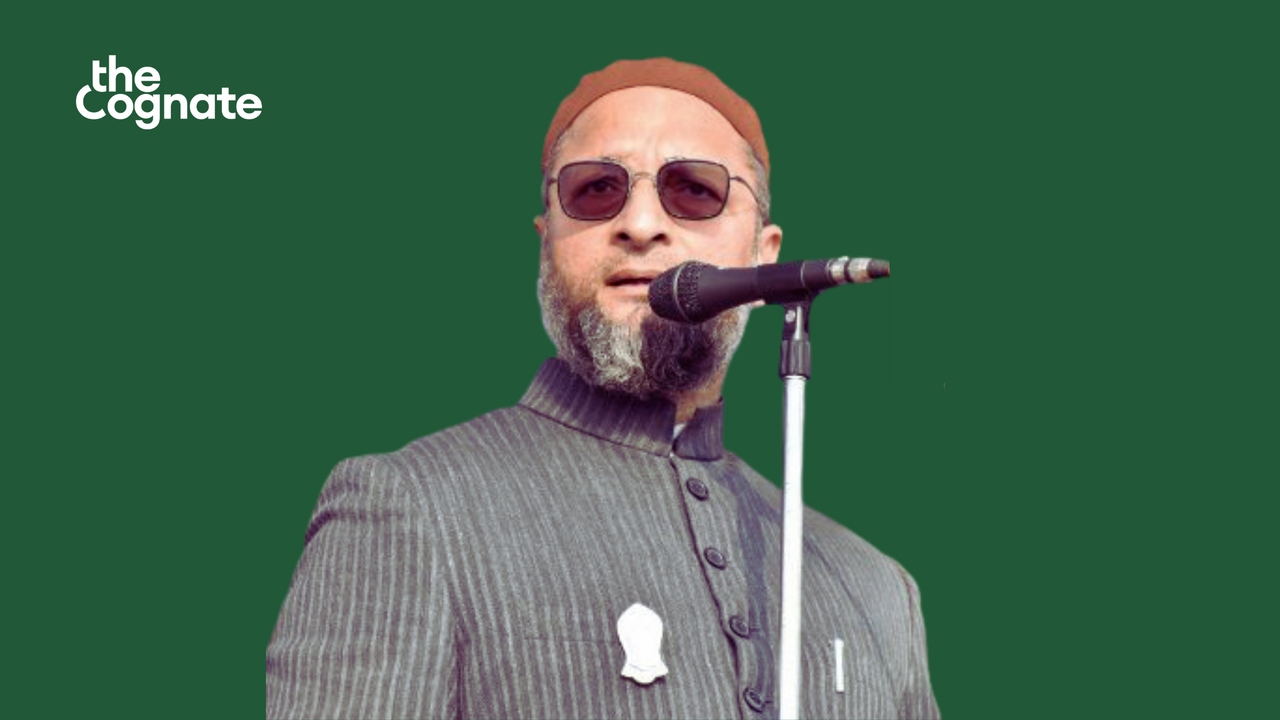In a parliamentary debate on the proposed Indian Justice (Second) Code (BNS), Indian Civil Defence (Second) Code (BNSS), and the Indian Evidence (Second) Bill (BSB), All India Majlis-e-Ittihadul Muslimeen (AIMIM) supremo Asaduddin Owaisi expressed serious concerns about potential threats to civil liberties and individual rights. Owaisi, also a Member of the Lok Sabha from Hyderabad, emphasized the risk of granting unprecedented powers to the police, making them ‘judge, jury, and executioner.’
During the debate, Owaisi highlighted specific provisions within BNS that he deemed dangerous, potentially stripping citizens of fundamental rights. He criticized the provision mandating trial courts to deliver verdicts within three years, citing potential compromises to due process and fairness.
Owaisi drew attention to key changes, such as the introduction of a modified form of treason and an increase in the minimum punishment from three to seven years. He expressed concern over the potential impact on citizens’ rights.
The criminal law amendment bills, introduced by Home Minister Amit Shah, propose significant changes, including reclassifying offenses such as mob violence and activities threatening economic security as terrorist acts. The bills also suggest community service as an alternative to imprisonment for minor crimes.
M.R. Shamshad, Advocate-on-Record at the Supreme Court, highlighted the historical context of the bills, emphasizing the need for a comprehensive examination to determine their alignment with India’s present legal landscape. Khalid Akhtar, another senior Supreme Court lawyer, expressed reservations about the proposed bills, citing concerns and loopholes that need clarification before progressing through the legislative process.
The parliamentary debate became acrimonious at times, reflecting the contentious nature of the proposed amendments and their potential impact on the legal framework in India.












